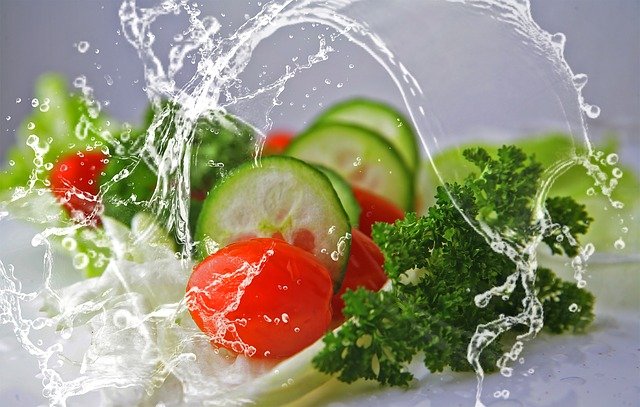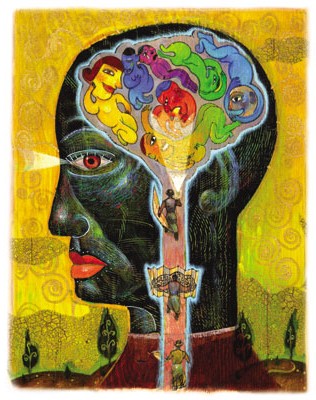By Georgianna Donadio, MSc, DC, PhD
 We are bombarded every day with hundreds of chemical toxins in our environment. Plastic particles, heavy metals, pesticides, cleaning toxins, air pollution and hundreds of other chemicals find their way into our lungs, blood stream, immune system and body systems.
We are bombarded every day with hundreds of chemical toxins in our environment. Plastic particles, heavy metals, pesticides, cleaning toxins, air pollution and hundreds of other chemicals find their way into our lungs, blood stream, immune system and body systems.
Here are 10 easy tips from the National Institute of Whole Health, to help de-toxify your environment and purify your body, preventing illness and even early aging.
Tip #1: Protect your body from pesticides by thoroughly washing your fruits and vegetables to remove most of the pesticide residue.
If you can find, grow or afford organic produce, this is your best assurance against ingesting unwanted pesticides.
Tip #2: Use cotton, polyester or hemp over plastic bathroom shower and window curtains. Plastic emits toxic chemicals easily eliminated by using alternative materials
Tip #3: Don’t inhale gas fumes when you are filling your tank and avoid exhaust fumes when jogging or walking in a heavily trafficked area. We know that gasoline contains lead and other pollutants and should not be inhaled>
Tip #4: Use only natural body creams or replace them with olive or walnut oil. The chemicals found in body creams and lotions as well as makeup and other beauty products can be carcinogenic and should be avoided.
Tip #5: Avoid all second-hand and third-hand smoke. Exposure to second- or third- hand smoke kills over 50,000 people every year.
Tip #6: Keep over the counter pill use to a minimum. Studies show a direct correlation between high over the counter drug use and liver and brain damage, as well as an increase of Alzheimer’s disease.
Tip #7: Wipe your feet or take off your shoes of before coming into your house. This will reduce the amount of lead dust and allergens you can bring into the house from your shoes.
Tip #8: Lather up. Using soap liberally when you are showering or bathing is the best and most natural way to eliminate environmental toxins from your skin, which is the largest immune component of your body, and also the part of the body most in contact with the external environment.
Tip #9: Eat low mercury fish. By choosing cod, flounder, wild Alaskan or Pacific salmon – as well as clams and shrimp – you can avoid mercury rich foods. Swordfish, mackerel and tuna fish all have higher levels of mercury than the white fish mentioned.
Tip #10: Replace highly chemical house cleaners with the now popular green cleaners that do not irritate the lungs or skin.
By following these 10 simple ways to detox your environment, you can save your liver and immune system the work of detoxifying these chemicals out of your body. This will, over time, prove to be a “life saver” – literally!



 Regarding Selye’s Stress Model, the Pancreas is “the proper or improper nutrition of our body” and all of its systems. It is the nutritional component of the
Regarding Selye’s Stress Model, the Pancreas is “the proper or improper nutrition of our body” and all of its systems. It is the nutritional component of the 
